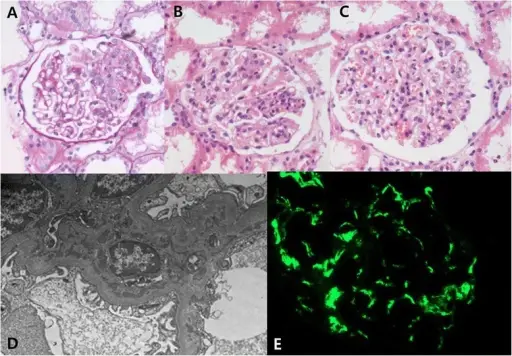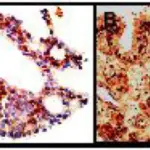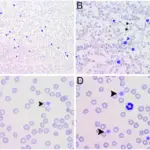Henoch-Schönlein purpura is a disorder that causes the small blood vessels in the skin, joints, intestines, and kidneys to become inflamed and bleed.
What is the Pathology of Henoch-Schönlein Purpura?
The pathology of Henoch-Schönlein purpura is:
-Etiology: The cause of Henoch-Schönlein purpura is typically an infection.
-Pathogenesis: The sequence of events that lead to Henoch-Schönlein purpura is the body’s small blood vessels that become inflamed, which can cause bleeding in the skin, abdomen, and kidneys.
-Histology: The histology associated with Henoch-Schönlein purpura shows IgA-antibody immune complexes deposition in the small vessels.
How does Henoch-Schönlein Purpura Present?
Patients with Henoch-Schönlein purpura typically are males present in the age range of all age groups. The symptoms, features, and clinical findings associated with Henoch-Schönlein purpura include a purplish rash that is typically on the lower legs or buttocks.
How is Henoch-Schönlein Purpura Diagnosed?
Henoch-Schönlein purpura is diagnosed with lab tests, such as blood and urine tests. A biopsy may also be performed.
How is Henoch-Schönlein Purpura Treated?
Henoch-Schönlein purpura is treated with corticosteroids, such as prednisone.
What is the Prognosis of Henoch-Schönlein Purpura?
The prognosis of Henoch-Schönlein purpura is good.



